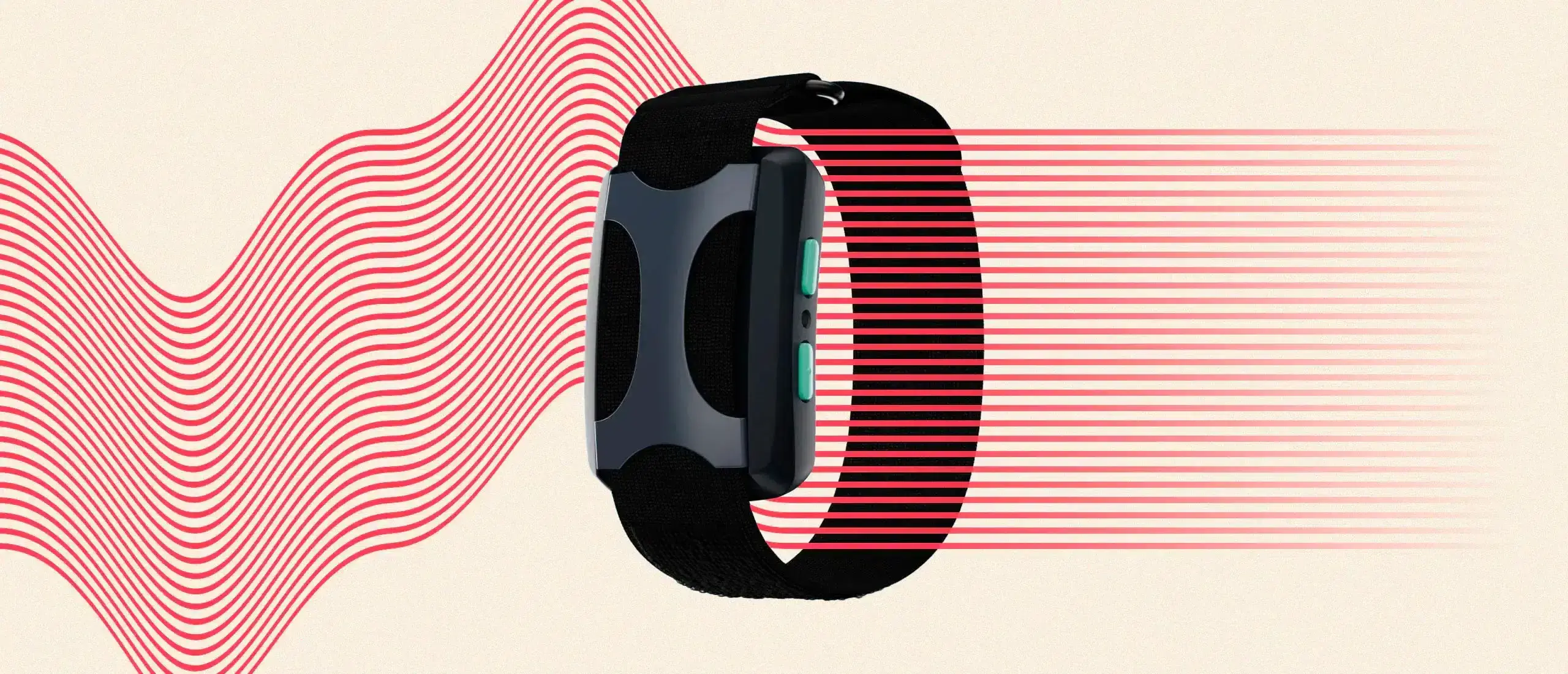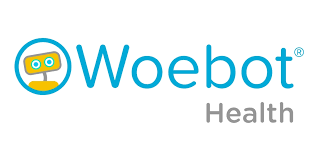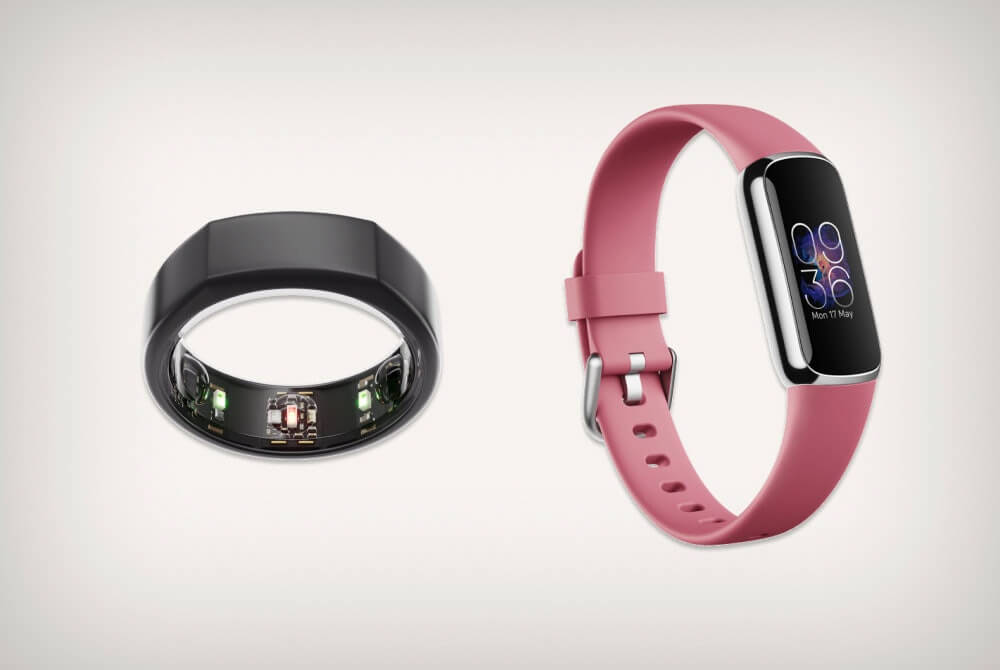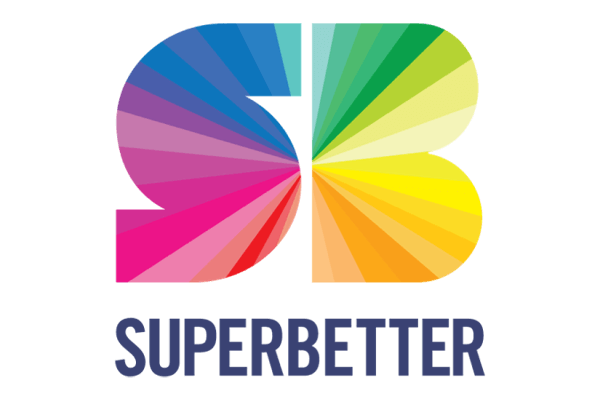Awareness around mental health continues to be a hot topic of discussion among people looking for new ways to prioritize their metal wellbeing first. The conversation around gadgets and applications for mental well-being become a topic of discussion. As we move towards technical advancement, technology is taking the driving seat offering innovative solutions for stress management, sleep cycle, and emotional resilience are commendable. Through this article, we will discuss the top 7 gadgets and applications poised to revolutionize mental health support in 2024.

1. Apollo Neuro

This sleek wristband utilizes gentle vibrations to stimulate the vagus nerve, the body's "calming system." By activating this nerve, Apollo Neuro promotes relaxation and helps your body manage stress more effectively.
Benefits: Biofeedback devices offer a multitude of benefits. They can enhance your self-awareness of stress triggers, equipping you to identify situations that elevate your stress levels. They also empower you to develop effective stress management techniques, leading to a calmer and more focused state of mind.
2. Woebot

This advanced chatbot offers specific therapy for depression, anxiety, and overall well-being by combining AI and CBT concepts. Woebot is a fantastic choice for people who are reluctant to undergo traditional treatment since it provides conversational therapy in a secure and private setting.
Self-Assessments: By checking for possible mental health issues like depression or anxiety, you can learn more about your well-being.
Techniques for Cognitive Behavioral Therapy (CBT): Through interactive exercises, learn research-based coping strategies for handling anxiety, depression, and other mental health issues.
Writing Exercises: Examine your ideas and emotions in a controlled, safe setting that promotes emotional intelligence and self-awareness.
Mood tracking: Keep an eye on your everyday emotional patterns to help you recognize triggers and comprehend emotional swings.
Benefits: AI-powered mental health tools have several benefits. They offer easily accessible assistance that is frequently available around the clock, no matter where you are. Their anonymity can be especially alluring to people who feel awkward asking for expert assistance. Furthermore, when funds are few, using AI tools to supplement conventional therapy or fill the gap until professional assistance is obtained can be an affordable option.
3. Headspace, Calm

In the field of mental health, these well-known apps provide a wide range a of breathing techniques, meditation guides, and sleep sounds according to different requirements and environments. These apps provide a peaceful and approachable way to build inner calm, regardless of your level of experience.
Benefits: For mental health, this kind of app offer multiple types of meditation and mindfulness exercises. By managing anxiety and stress you will experience self-compassion, and increased focus and concentration, and improved sleep. By regular mindfulness practices in your routine, you'll experience a sense of calm and inner peace that will show over into all aspects of your life.
4. FloVR

With the help of the virtual reality therapy platform FloVR, people can overcome phobias like a fear of public speaking or flying in safe and regulated settings. FloVR provides a safe, encouraging atmosphere for users to gradually expose themselves to and desensitize their concerns.
Benefits: VR treatment is a special method of treating anxiety problems and phobias. It offers a secure environment where people can progressively face their fears, enabling them to create coping strategies and increase their resilience. VR has the potential to be more immersive and entertaining than traditional exposure therapy, which could result in quicker development.
5. Fitbit, Oura Ring

These are wearables that monitor your sleep activity and will keep track of the number and details of your nightly rest. With this information, all the given accompanying apps suggest ways you can improve your sleeping pattern. This could involve recommendations for shift in timing of sleep, or behavioral changes in preparation for sleep, or other aspects of hygiene.
Benefits: Technological advancement provides us different gadgets and programs including tracking devices and apps for sleep. Thus, understanding your sleep profile will not only reveal areas of improvement, but also allow the adoption of measures necessary for the enhanced quality of your sleep. This may result into higher energy levels and therefore increased motivation and a better mood hence improved outcomes of all activity associated with wellbeing.
6. SuperBetter
This is an application that relies on game design to assist to cope with state of anxiety and or depression. With the help of role-playing aspects and interaction infiltration, which is in its essence the gamification concept, SuperBetter converts the learning and practicing of coping skills into a joyful pastime, which is especially effective when it comes to the younger generation.
Benefits: First, they help people overcome the stigma associated with seeking professional help. The main benefits are that they motivate users, and thereby enhance treatment adherence, so that it is no longer a chore to undergo therapy. The fact that these apps are characterised with interactivity, can help make learning coping skills much more engaging for those who are unable or unwilling to engage in other forms of remedy. The apps that involve elements of fun as they work are more appealing to the youth and therefore may act as good entry points for the youth’s journey towards mental health improvement.
7. 7 Cups of Tea, NAMI (National Alliance on Mental Illness) Online Support Groups

These platforms connect users with mental health professionals or trained peers who offer emotional support and guidance. Whether you're struggling with anxiety, or depression, or simply seeking a safe space to share your experiences, these online communities provide a valuable source of connection and support.
Benefits: Community and support platforms offer a multitude of benefits for mental well-being. They combat feelings of isolation by connecting users with others who understand their struggles. Sharing experiences and offering support can create a sense of belonging and empower individuals to feel less alone. Additionally, these platforms can provide valuable resources and information related to mental health.
Considerations to Keep in Mind:
While these gadgets and applications offer a wealth of benefits, it's crucial to consider some important points:
- Privacy and Security: If a candidate is choosing the app or device for treating mental health issues, it is crucial to select the options that pay specific attention to the users’ anonymity and data protection. So as you look for the apps that you want to use, try to find out which ones adhere to data protection acts and regulations and those that provide a detailed explanation of how they will gather, store, and utilize your private data.
- Complementary Tools: It is useful to note that most of these gadgets and applications are more helpful when used as supplementary aid alongside the typical therapy. It is very important that even with these gadgets being strong allies for learning and self-organization, they should not be a substitute for professional assistance. Luckily, tremendous advancement in technology has greatly shaped the support of mental health.
In this way, through the use of gadgets and applications for mental health, people could be more aware of their mental health condition and take certain necessary steps in order to protect themselves from developing any mental health disorders. Technology is now offering us the possibility to put our mental health at the top of our list, be it through psychological intervention solution using AI based mental health-aid mobile applications, or via biofeedback devices that assist in identifying the stress reaction triggers.
